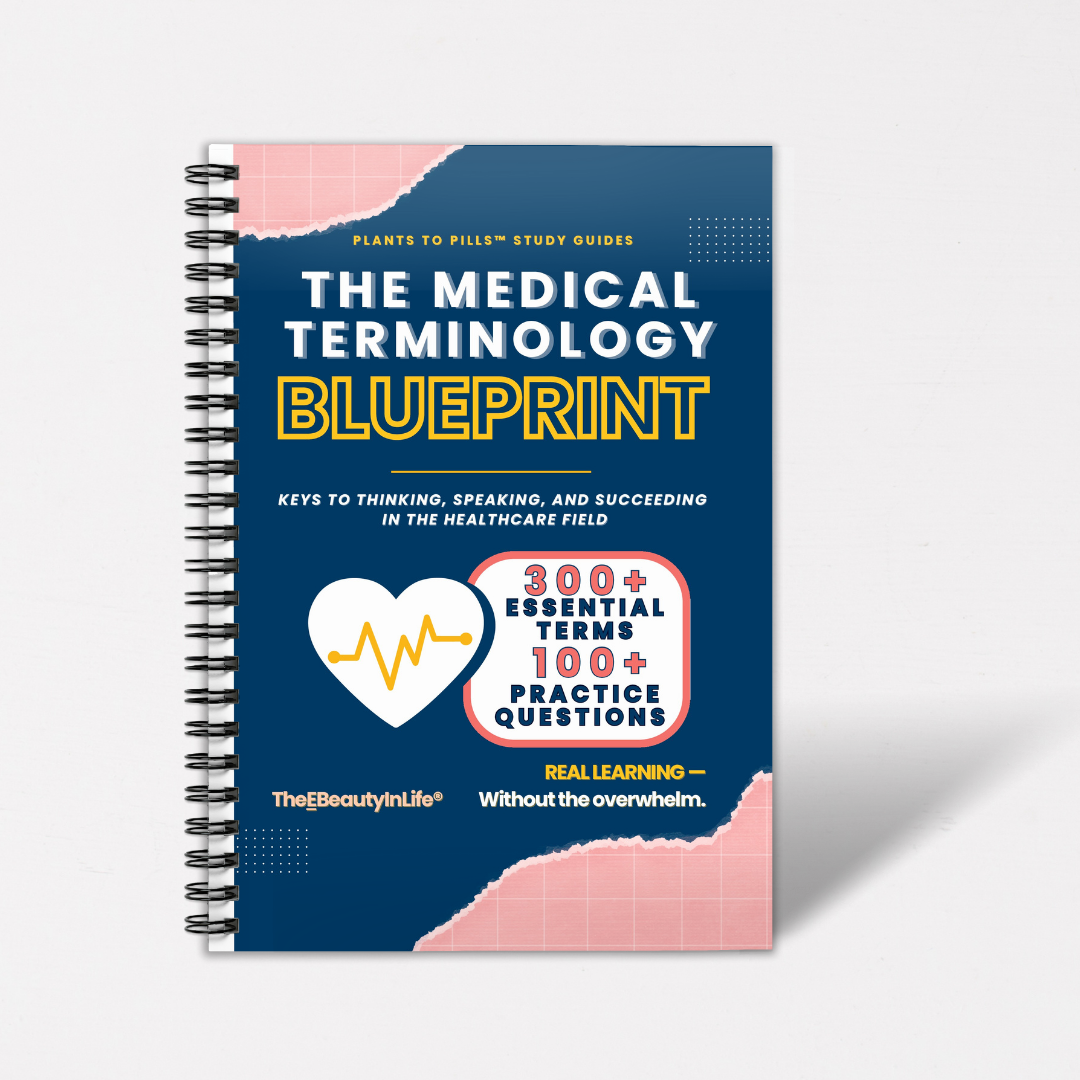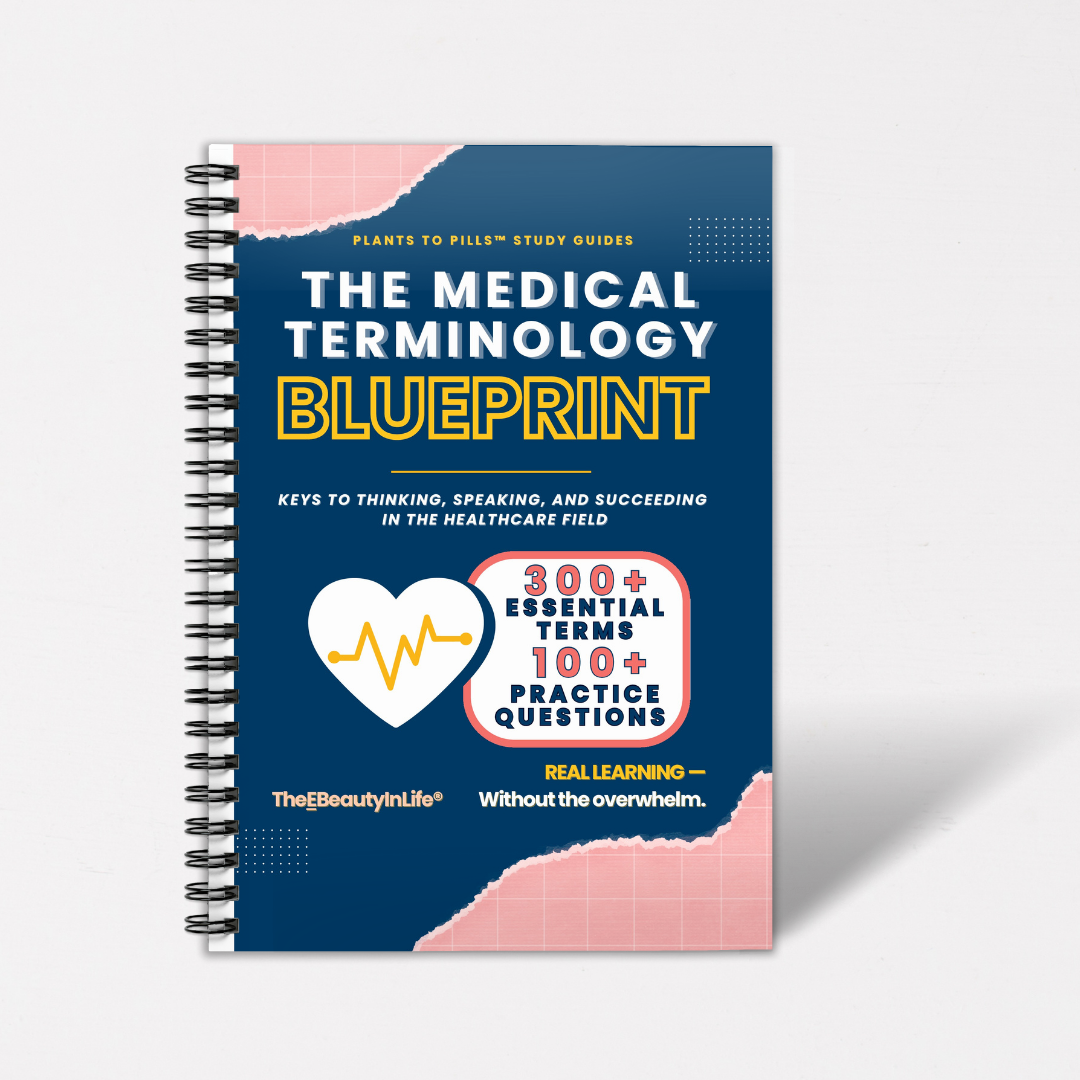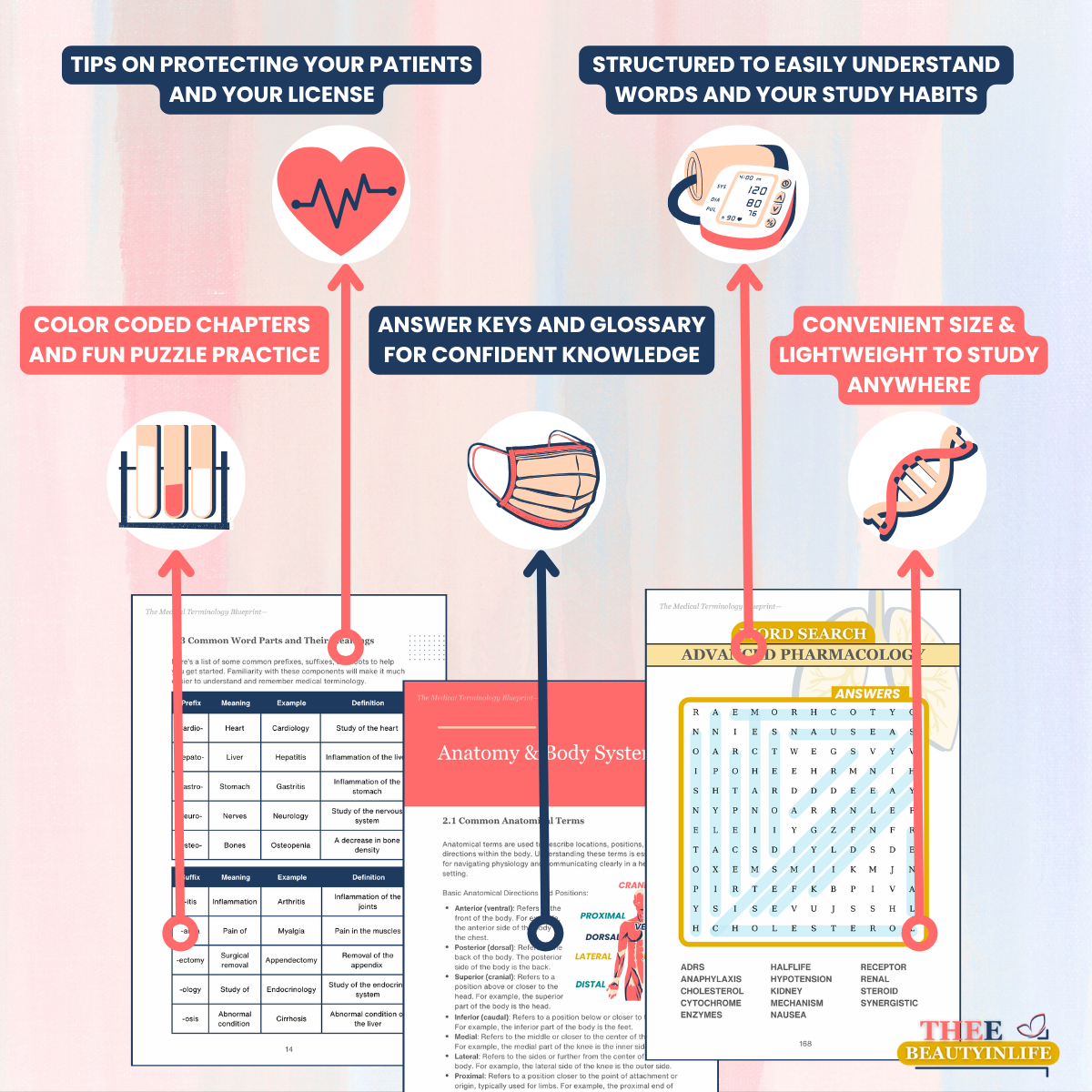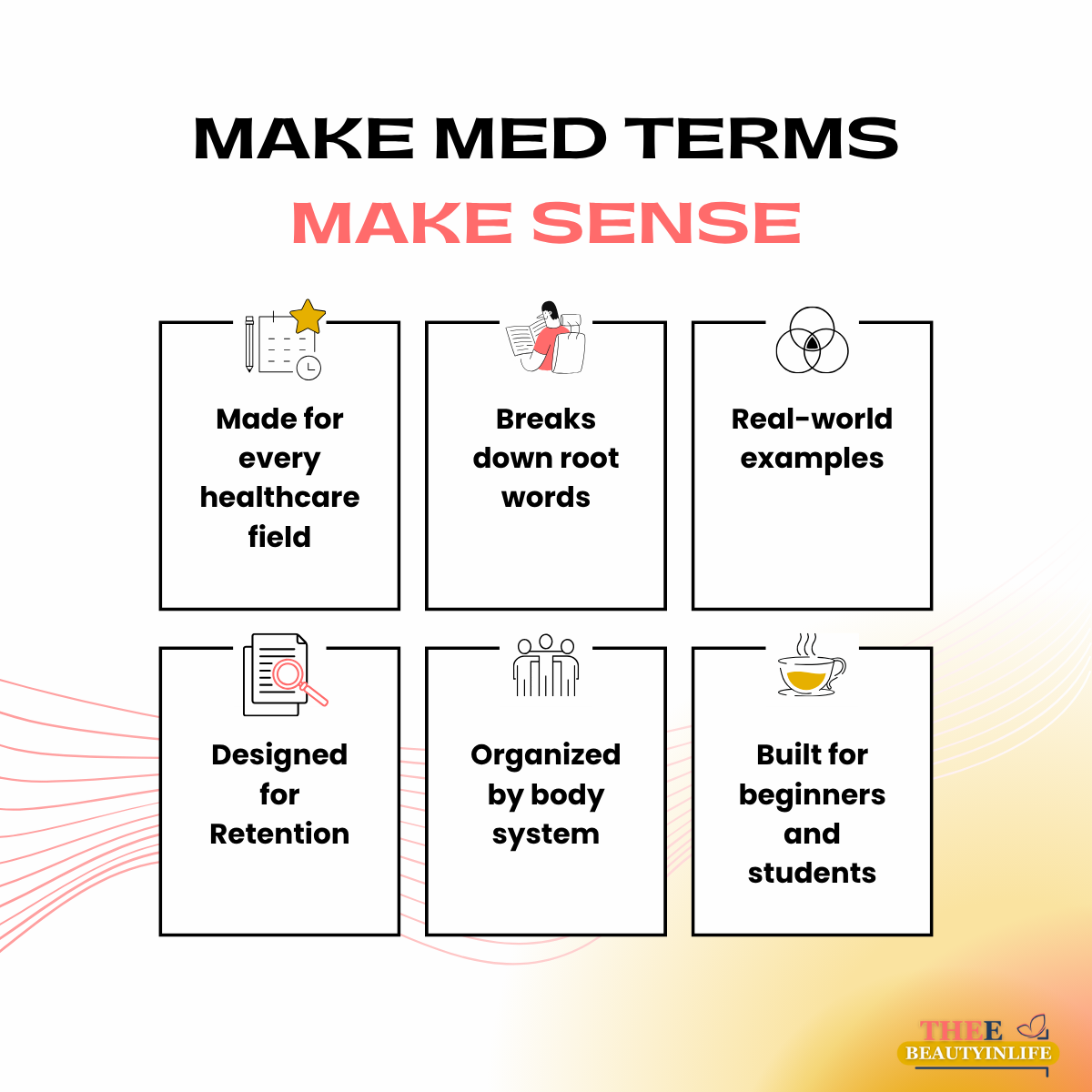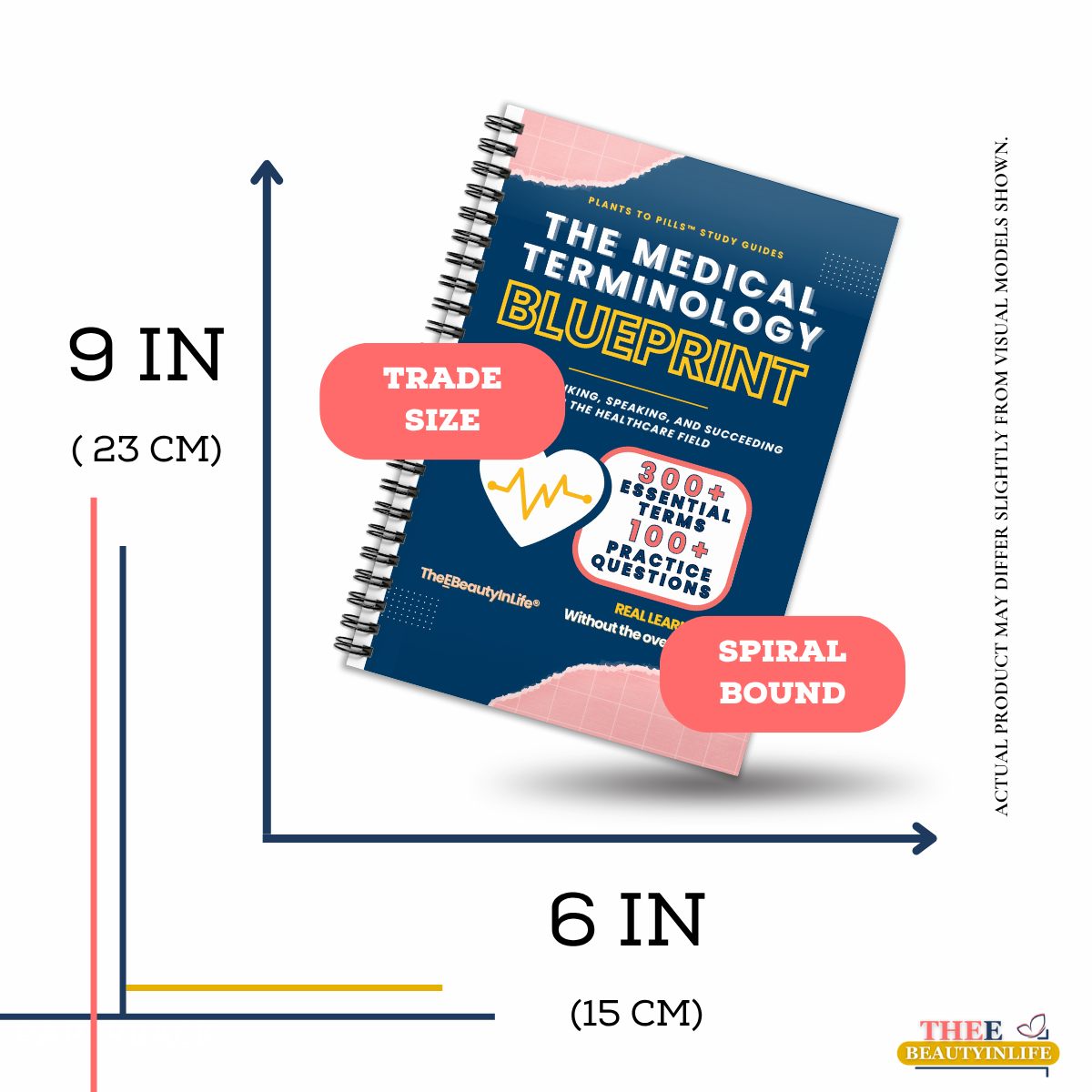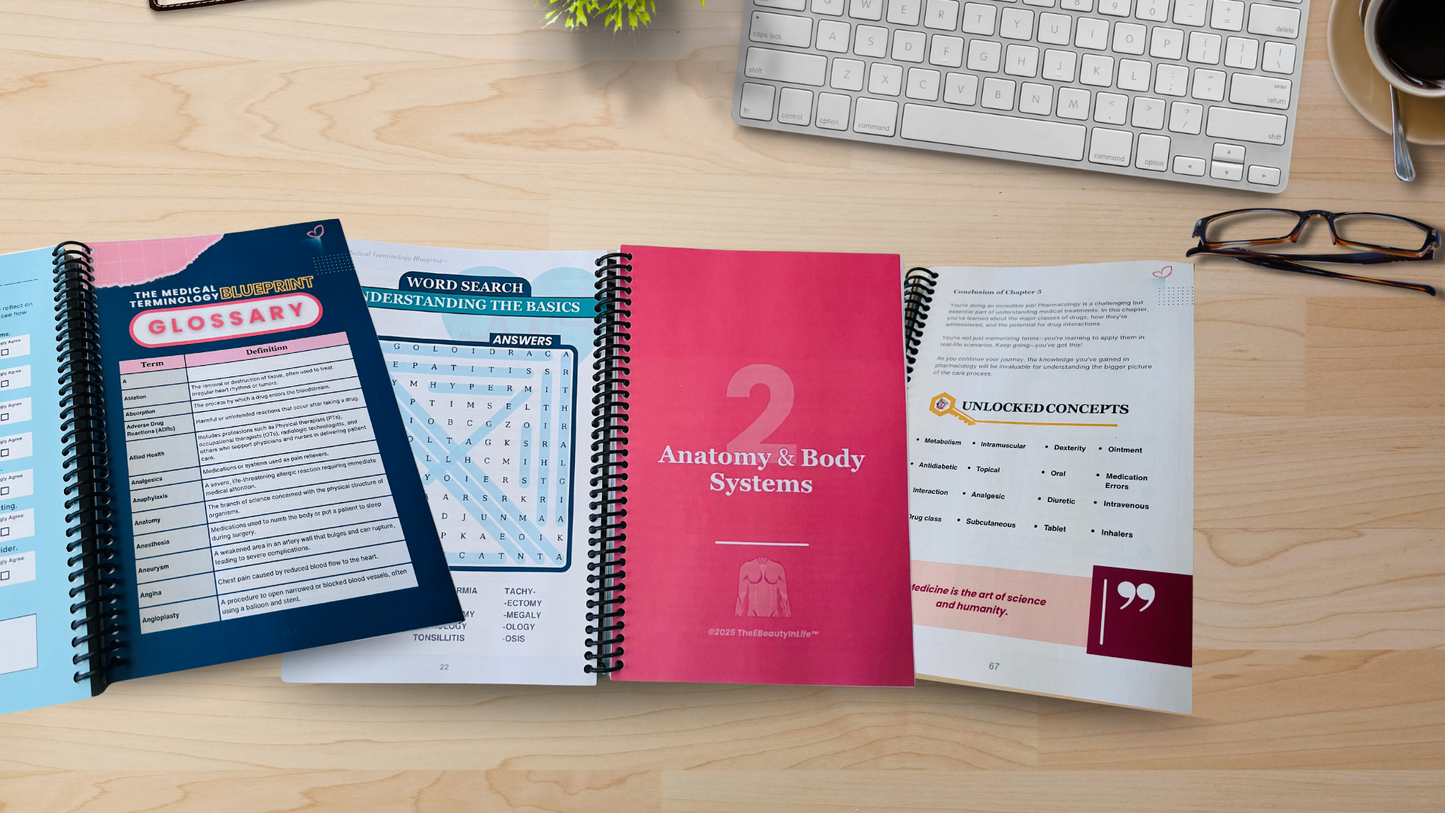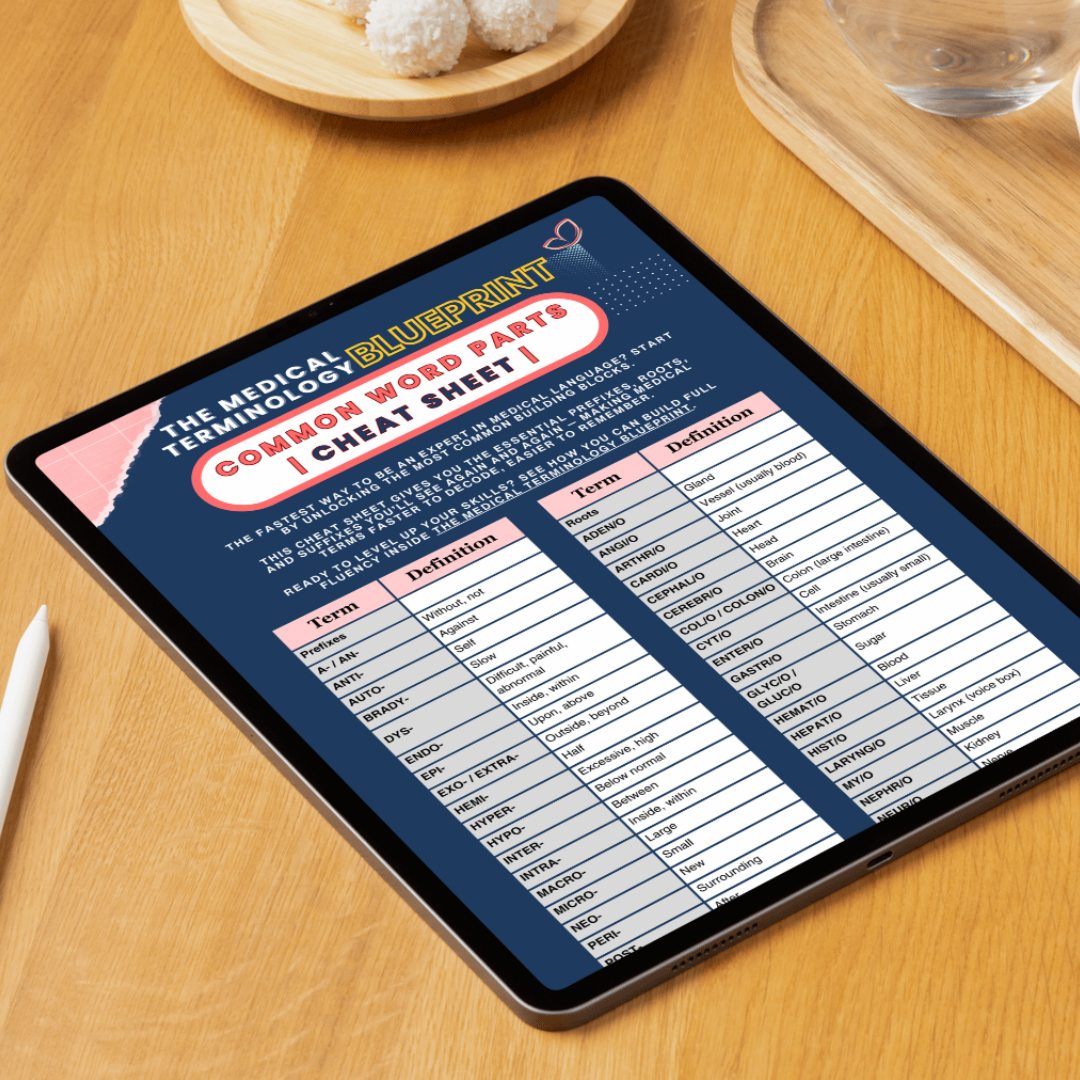
The 5 Skills Most Healthcare Students Overlook (That Actually Matter)
Share
The 5 Skills Most Healthcare Students Overlook (That Actually Matter)
And why memorizing random terms from Google isn’t enough anymore
In today’s fast-paced, digital-heavy learning environment, it’s easy to confuse access to information with true understanding. But in healthcare—where clarity, accuracy, and real-world application matter—superficial study methods often fall short. If you’re serious about standing out and truly getting it, here are 5 overlooked skills that can make the difference between barely passing and becoming the go-to professional everyone trusts.

1. Long-Term Recall
Scrolling through term lists before an exam might help you get by—but it won’t stick. What actually matters is training your memory to recall information under pressure, across systems, and outside of test conditions. Students who don’t engage in a mix of learning methods (such as spaced repetition, retrieval practice, or hands-on application) often find themselves blanking when it counts most—on the floor or in the clinic.
2. Understanding Medical Language as a System
Most people try to memorize words like flashcards. But the real game-changer is understanding the structure of medical language. Prefixes, suffixes, roots—they all work together to tell a story. (Download a list of these here.) When you learn the system behind the words, you don’t have to memorize nearly as much. You decode in real time.
3. Deep Focus Without Google
We’re all used to instant answers. But relying on quick searches conditions your brain for surface-level engagement. Healthcare students need the ability to sit with material, struggle productively, and develop their own understanding—without hopping to another tab. That kind of discipline builds clinical judgment. (Our practice book, The Medical Terminology Blueprint has tips on this too. Take a look.) Plus, there are no search engines allowed in the exam rooms. You need to hold on to what you learn.
4. Translating Terms into Clinical Context
You might recognize a term, but do you know when it matters? Successful students connect vocabulary to real-world scenarios—what it looks like, sounds like, and feels like in practice. This bridges the gap between school and work, and it sharpens your ability to prioritize, figure things out, and act fast in high pressure situations.
5. Learning How You Learn
One of the biggest mistakes students make is copying someone else’s study method without knowing why it works. True success comes from self-awareness—knowing how you absorb, recall, and apply information. That means reflecting, adjusting, and being honest about what’s actually helping you progress.
You can’t afford to waste time studying the wrong way.
The difference between surviving and thriving in healthcare isn’t just what you know—it’s how you build your foundation.
Need a study guide to help you practice all 5 of these skills?
The Medical Terminology Blueprint was created with all of this in mind: a way to build a learner’s mindset, clinical judgement strategy, and in demand skills. It’s structured the way I wish my early materials had been—and it’s already helped other students build a more efficient path forward.
If you’re just getting started—or starting over—it’s a resource worth looking into.
Want more tips like this?
Stick around—new posts are upcoming. You can also join the list to get helpful strategies (and a free cheat sheet) delivered straight to your inbox.




